Vietnam just flipped the script on crypto regulation. After years of operating in a legal gray zone, the country launched a five-year government-backed trial program for cryptocurrency trading. This is not just a local experiment – it’s a calculated move in a $100B market that global onboarders and regulators can’t afford to ignore. The lesson? If you want to scale crypto adoption without chaos, you need structure, incentives, and ironclad user protection.

How Vietnam’s Legal Framework Breaks New Ground
The Digital Technology Industry Law, passed by Vietnam’s National Assembly in June 2025, is a game changer. For the first time, digital and crypto assets are officially recognized as legal property under civil law. The law splits digital assets into two buckets: virtual assets and crypto assets. Crypto assets are specifically defined by their use of encryption for creation and transfer validation – a crucial distinction that provides regulatory clarity for market participants.
This isn’t just about definitions. The law comes with real incentives: tax exemptions and state subsidies for blockchain startups and infrastructure developers. That’s how you attract legitimate players while keeping scams out. The legislation takes effect January 1,2026, giving companies time to adjust while sending a clear message – Vietnam is open for regulated crypto business.
Vietnam’s Five-Year Crypto Trading Trial: A Sandbox with Teeth
The centerpiece of Vietnam’s approach is its five-year pilot program for centralized exchanges (CEX). Launched under direct government oversight in September 2025, it tightly limits participation to local companies and enforces strict compliance with anti-money laundering (AML) standards. This isn’t an open invitation – it’s a controlled sandbox designed to test what works before unleashing wider adoption.
Key elements of the trial include:
Key Features of Vietnam’s Five-Year Crypto Trading Trial
-
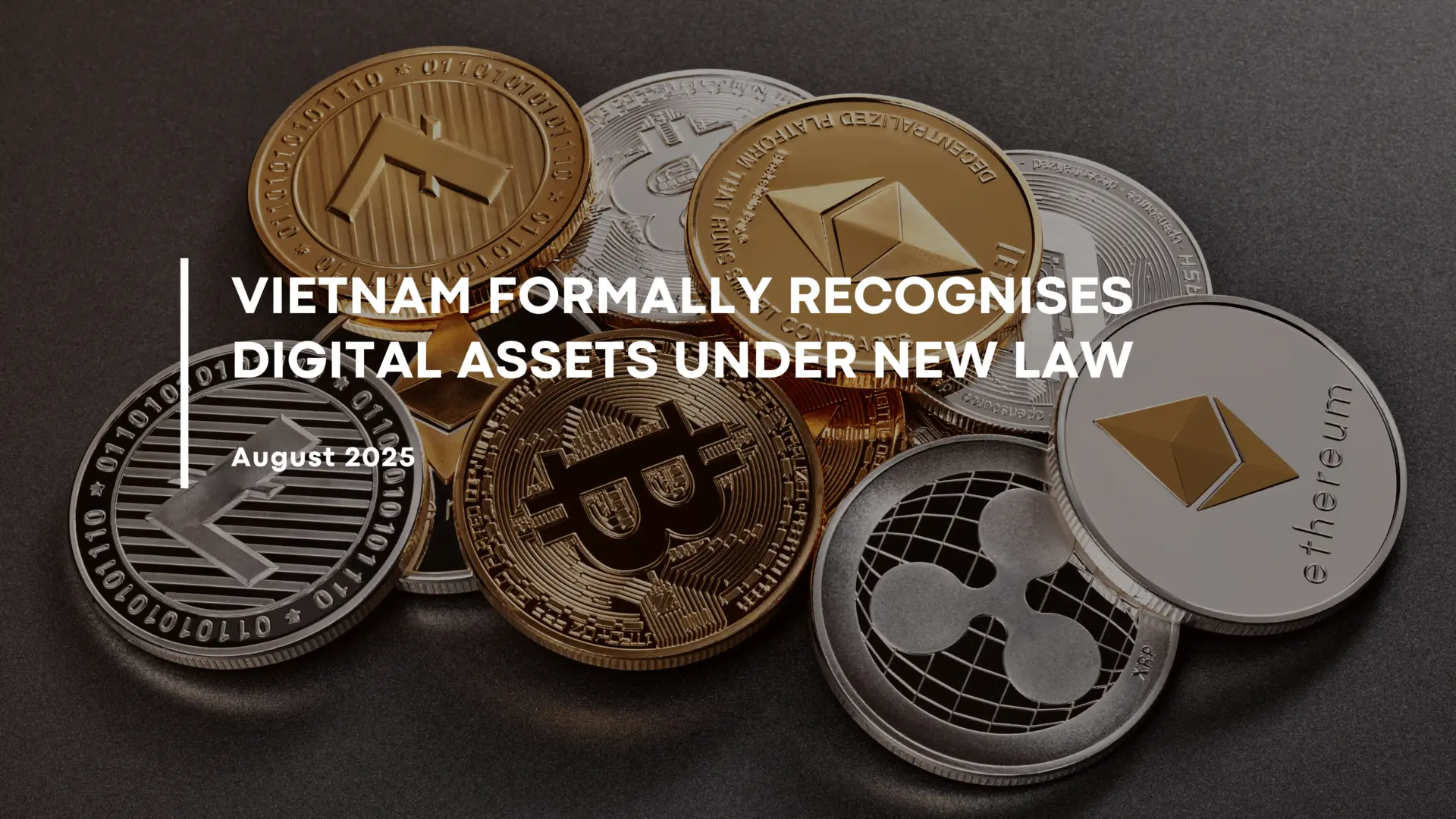
Official Legal Recognition of Crypto Assets: Vietnam’s Digital Technology Industry Law (passed June 2025) grants full legal status to cryptocurrencies, classifying them as legal property and distinguishing between virtual assets and crypto assets.
-

Five-Year Government-Backed Pilot Program: The program, effective from September 9, 2025, runs for five years and is directly overseen by the Vietnamese government to test and refine crypto trading regulations.
-
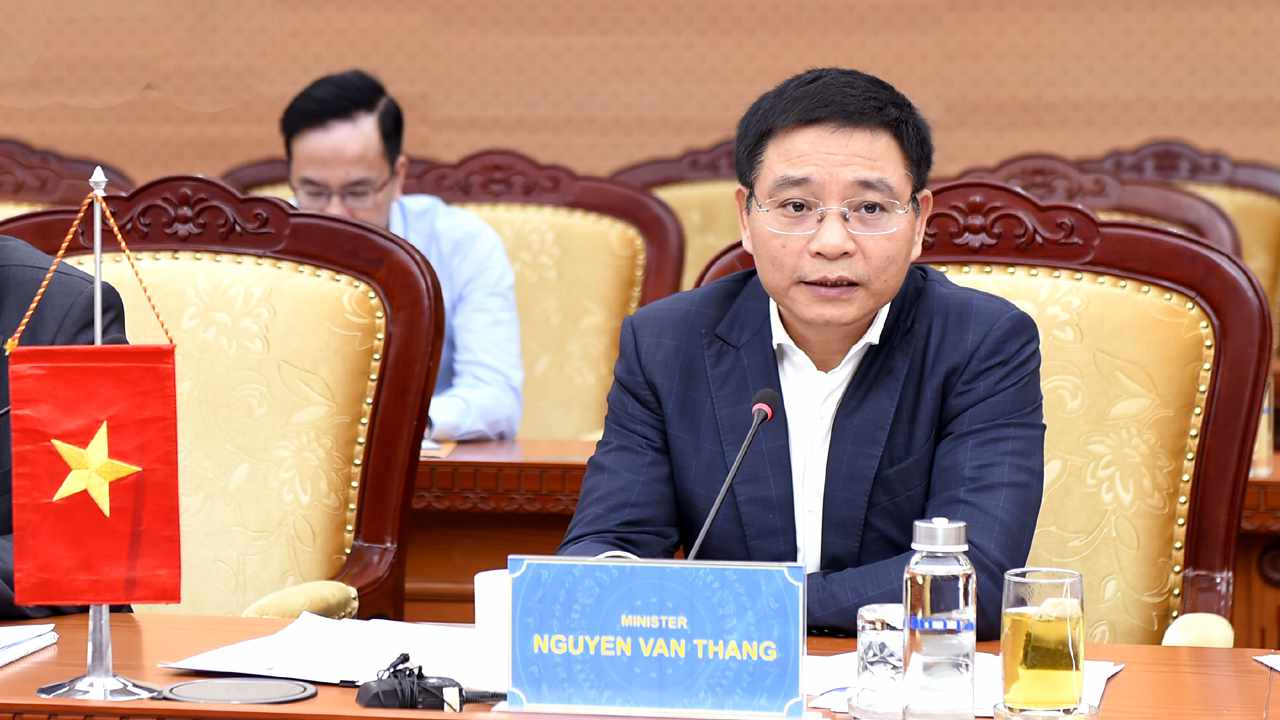
Centralized Exchange (CEX) Pilot and Licensing: Local companies can participate in a government-sanctioned sandbox for centralized exchanges, with strict licensing, compliance, and operational requirements.
-

Strong User Protection Measures: The trial emphasizes user protection through anti-money laundering (AML) rules, legal compliance checks, and mechanisms to address fraud and illicit activities.
-

Taxation and Incentives for Innovation: The framework introduces tax plans for crypto transactions and offers tax exemptions and state subsidies to blockchain startups and digital infrastructure projects.
-
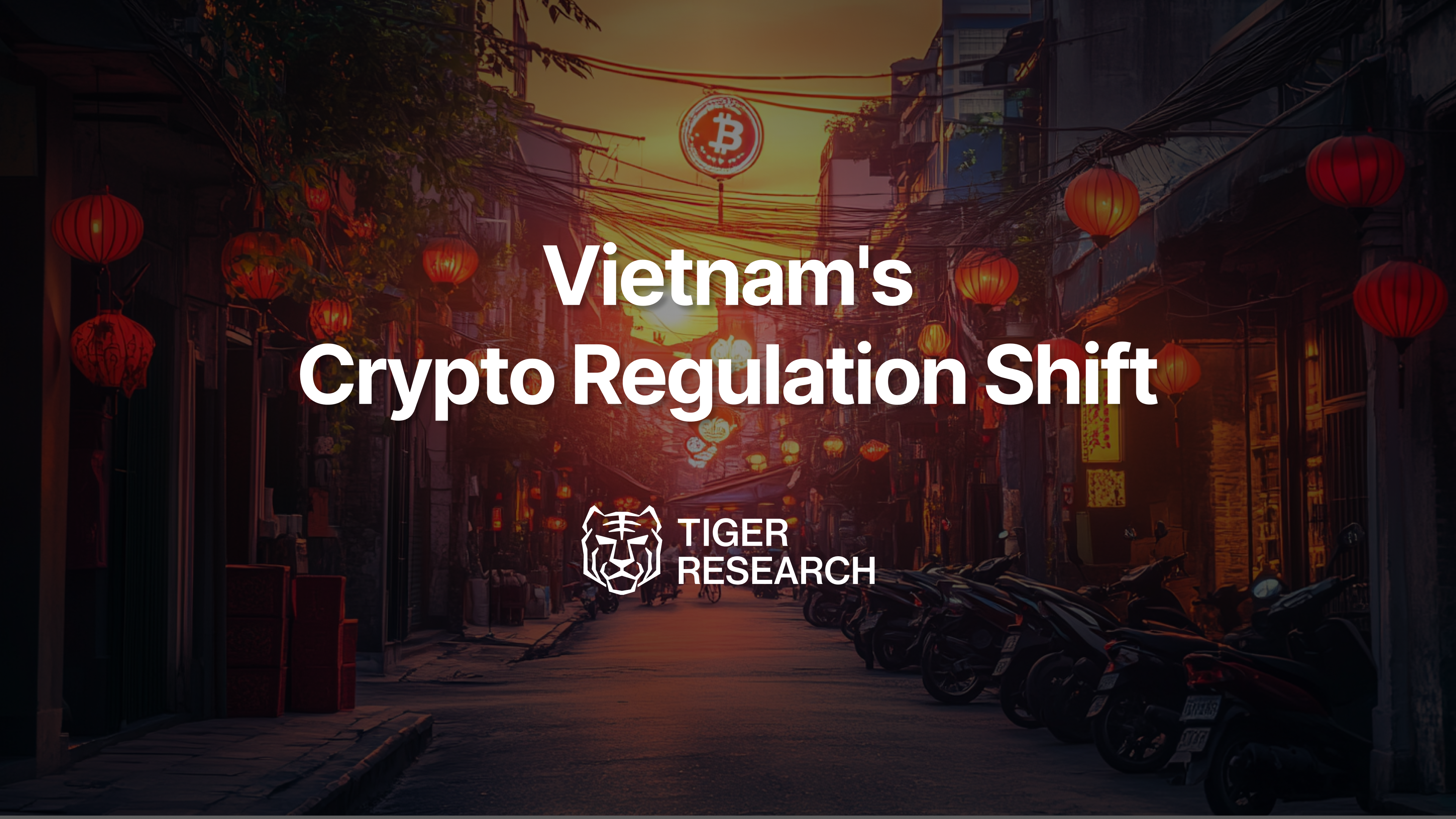
Alignment with Global Regulatory Standards: Vietnam’s approach mirrors international best practices by integrating global AML standards and focusing on compliance, transparency, and market stability.
The government is laser-focused on user protection. Fraud prevention, exchange licensing, robust KYC/AML protocols – all are baked into the pilot from day one. By mirroring best practices from established markets but tailoring them to local realities, Vietnam aims to avoid the pitfalls that have plagued unregulated exchanges elsewhere.
Lessons for Global Onboarders: What Works (and What Doesn’t)
If you’re building or scaling onboarding strategies worldwide, Vietnam offers some pragmatic takeaways:
- Clear asset classification matters. Ambiguity breeds risk – both for users and platforms. Vietnam’s split between virtual and crypto assets sets a precedent other regulators should study closely.
- Pilot programs beat blanket bans or free-for-alls. Controlled testing lets governments calibrate rules in real time without stifling innovation or exposing users to unchecked risk.
- User protection is non-negotiable. AML compliance isn’t window dressing; it’s essential for trust-building in volatile markets where scams thrive on regulatory gaps.
- Incentives drive adoption – but only with guardrails. Tax breaks alone won’t cut it if bad actors slip through loopholes. Balance carrots with serious sticks.
The Regulatory Shift: From Gray Zone to Global Model?
This pivot didn’t happen overnight. Before this year, Vietnamese traders operated in regulatory limbo – no clear guidance on legality or consumer recourse if things went south. Now there’s an official path forward that rewards compliant innovation while rooting out fraudsters. That shift should put global onboarders on notice: wild west days are numbered. The future belongs to those who can react fast and manage risk inside frameworks like these.
Vietnam’s sandbox isn’t just a bureaucratic exercise – it’s a proving ground for what crypto regulation can look like when governments get serious about both innovation and consumer protection. The state is collecting hard data on trading volumes, compliance rates, and security incidents. This approach gives regulators the ammo to fine-tune rules in real time and avoid knee-jerk reactions that have stunted adoption elsewhere.
Real-World Impact: What’s Changing for Users?
For Vietnamese users, this means a sea change in how they access and interact with digital assets. Onboarding now comes with clear steps: verified identity, transparent tax obligations, and recourse mechanisms if things go wrong. Exchanges must meet strict operational standards or risk losing their license. The days of shadow trading are fading fast.
But this isn’t just about keeping bad actors out. The program is also designed to expand access for legitimate users, with financial literacy campaigns and support for local blockchain projects. By building trust through transparency and education, Vietnam aims to turn its 2025 regulatory leap into sustainable market growth.
Key Onboarding Steps Under Vietnam’s Crypto Regulations
-

Register with a Licensed Exchange: Users must onboard through government-approved, centrally licensed cryptocurrency exchanges participating in the official pilot program. These platforms are subject to strict oversight and compliance checks.
-
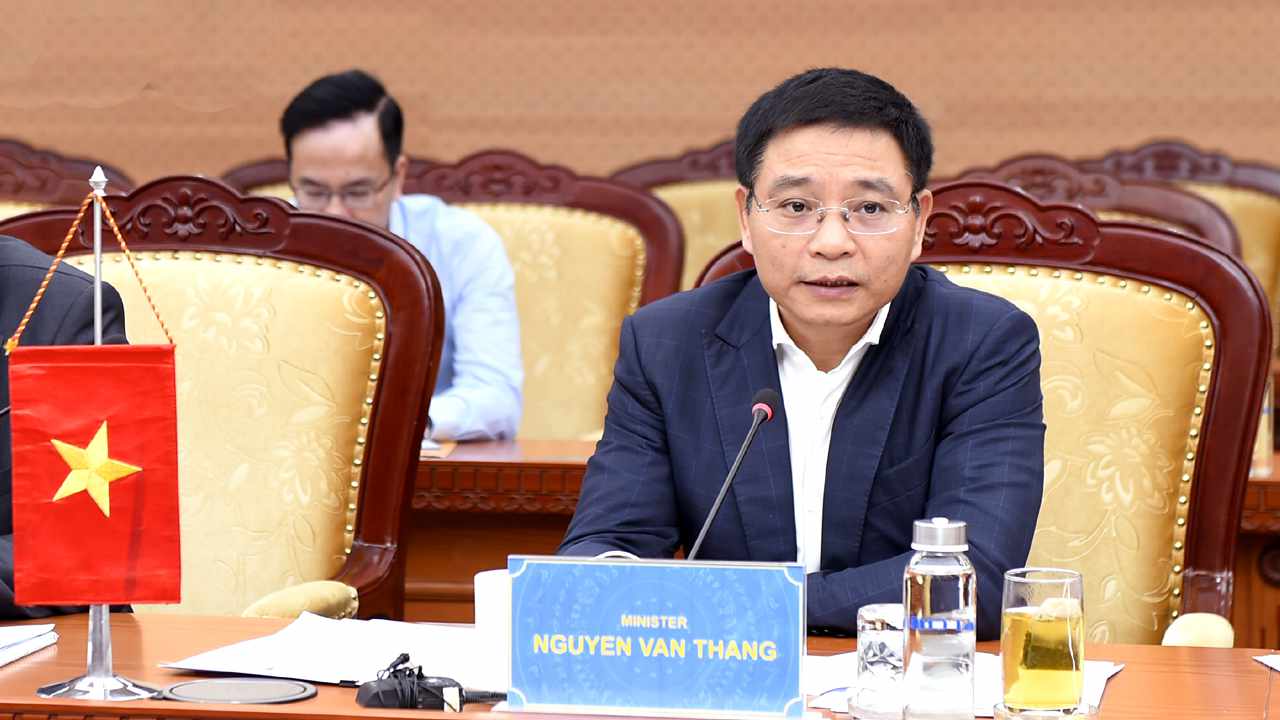
Complete KYC (Know Your Customer) Verification: All participants must provide valid identification and undergo identity verification as part of anti-money laundering (AML) requirements, in line with global standards.
-

Consent to Data Collection and User Protection Policies: Onboarding requires explicit agreement to data privacy, user protection, and legal compliance policies as mandated by the Digital Technology Industry Law.
-

Tax Registration and Reporting: Users must register for tax purposes and comply with Vietnam’s crypto tax reporting obligations, as exchanges are required to collect and report transaction data to tax authorities.
-
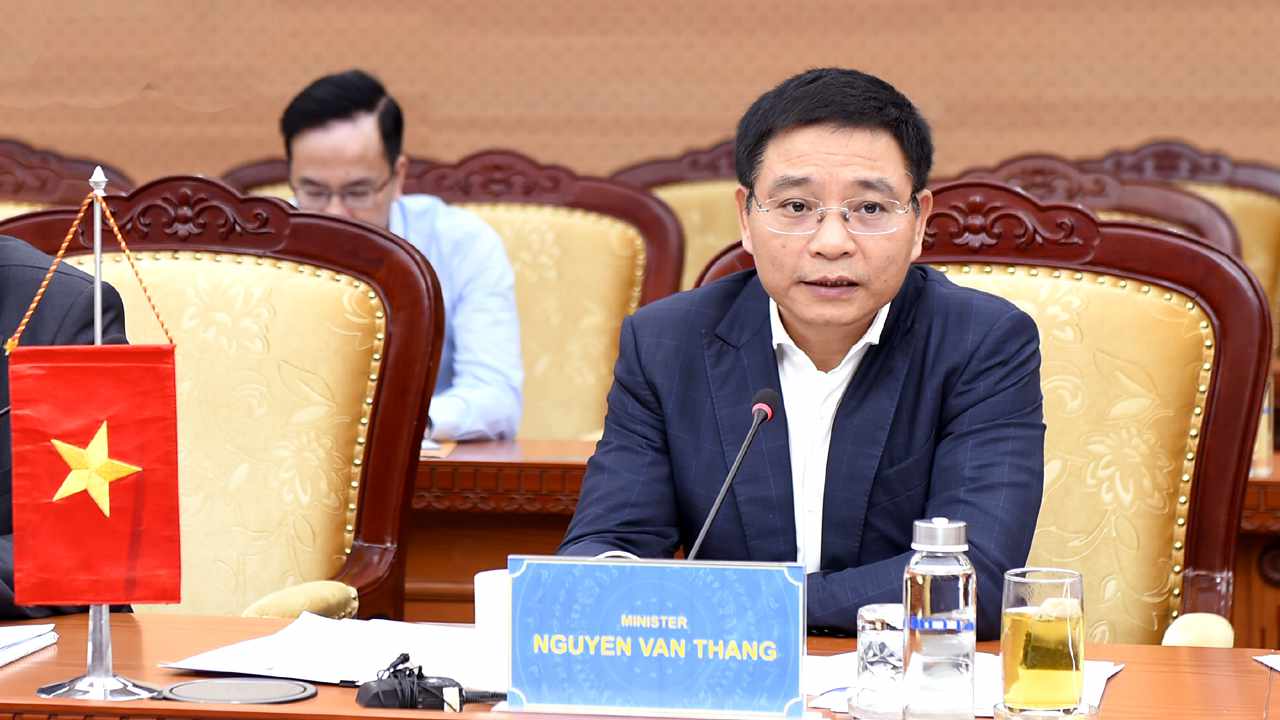
Ongoing Transaction Monitoring: Exchanges are required to monitor user transactions for suspicious activity, and users must acknowledge that their activity will be subject to real-time compliance checks and regulatory audits.
Risks and Roadblocks: What Could Trip Up the Trial?
No regulatory sandbox is bulletproof. Vietnam’s model still faces real challenges:
- Market fragmentation: By limiting participation to local companies, cross-border liquidity may suffer in the short term.
- Bureaucratic inertia: Rapidly evolving crypto tech could outpace the government’s ability to update rules mid-trial.
- User pushback: Traders used to anonymity might resist stricter KYC/AML requirements.
The key will be whether regulators can stay nimble – updating frameworks as new risks emerge without choking off innovation or driving activity underground.
The world is watching how Vietnam balances control with creativity in its crypto sandbox. If it works, expect copycats across Asia and beyond.
How Global Onboarders Can Apply These Lessons
If you’re designing onboarding funnels or compliance stacks for a global audience, here are actionable takeaways from Vietnam’s playbook:
- Bake compliance into UX from day one. Don’t wait for regulators to force your hand – make KYC/AML seamless and user-friendly now.
- Pilot before you scale. Launch in controlled environments before rolling out features globally; use real-world data to iterate fast.
- Educate relentlessly. Build trust by arming users with knowledge about rights, risks, and legal obligations at every step of their journey.
The bottom line? Vietnam’s five-year trial isn’t just a test for Southeast Asia – it’s a global case study in how smart regulation can unlock adoption while protecting users from the worst of crypto’s chaos. Ignore these lessons at your own peril; the next wave of global onboarders will be those who react fast and manage risk inside clear frameworks, not outside them.



